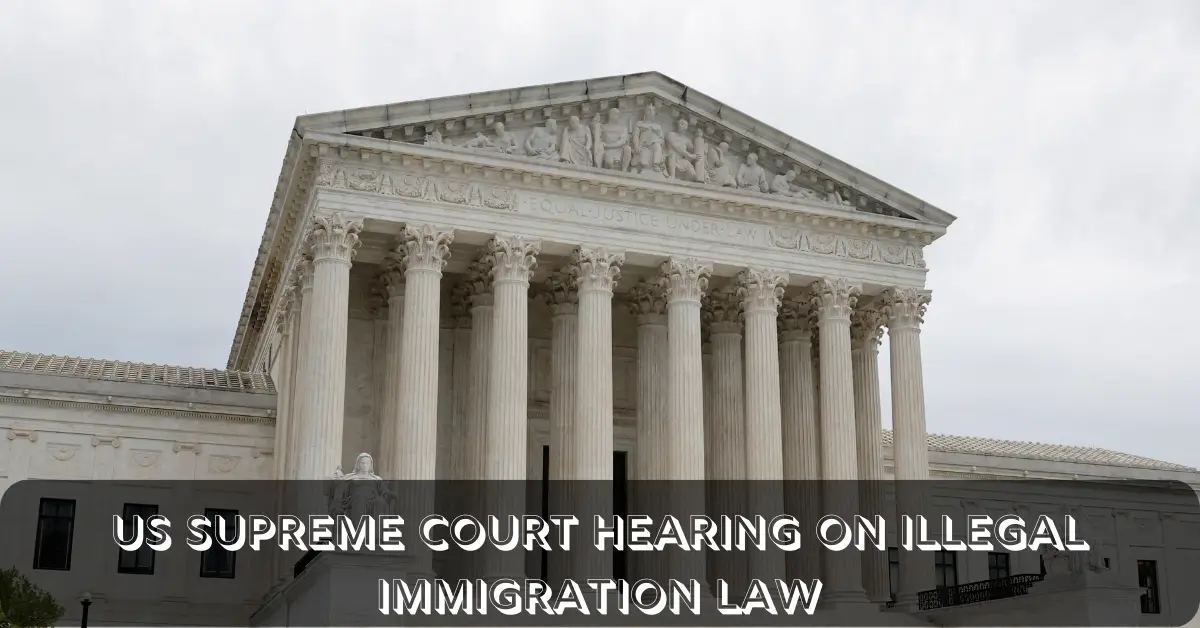On Monday, justices of the Supreme Court debated whether a federal law that makes it illegal to encourage illegal immigration violates the right to free speech.
The justices heard the Biden administration’s appeal of a decision invalidating the statute because it violated the First Amendment’s guarantees of free speech.
Although it was unclear whether there would be a majority of the nine justices to overturn the law, several court members questioned whether it was too broad and may penalize protected expression.
Helaman Hansen, who operated a program from 2012 to 2016 and charged up to $10,000 for a supposedly fast track to citizenship, is the subject of the complaint.
He convinced 471 people to participate by claiming illegal immigrants may obtain citizenship through an adult adoption agency.
He was found guilty on two counts of breaking a federal law that forbids soliciting or inducing illegal immigration for a personal financial advantage during his 2017 trial.
If you want to see other more news, you can click on the link given below:
- Arrest Suspect In DC After Senator Rand Paul’s Staff Member Is Stabbed Multiple Times!
- Head Of School And 9-Year-Old Among Victims In Nashville Shooting
Also, he was found guilty of 12 mail fraud charges and three wire fraud counts; however, these convictions are unrelated to the Supreme Court case.
He received a 20-year prison term.
In February 2022, the 9th U.S. Circuit Court of Appeals in San Francisco overturned the statute because it may result in someone being imprisoned for saying, “I encourage you to reside in the United States.”
Other justices expressed these worries during oral arguments, with Judge Brett Kavanaugh questioning whether someone might be found guilty of assisting an undocumented immigrant in obtaining food and shelter.
Justice Sonia Sotomayor stated similarly that the legislation “criminalizing words related to immigration.”
Justice Elena Kagan also stated that a “world of conversations” goes on daily between undocumented immigrants, their families, and legal advice that may be illegal.
Several judges appeared more receptive to the Justice Department’s position that there was no indication that Hansen’s conviction was based on protected speech in his particular case.
According to Judge Neil Gorsuch, the lack of proof that Hansen’s free expression rights were violated is “a little awkward,” He seemed to imply that Hansen was not a sympathetic petitioner.
“He is taking advantage of vulnerable people,” Gorsuch said.
In 2020, the Supreme Court heard a comparable case but avoided deciding the law’s legality.
If you want the most recent news, check out our Twitter page. Here, you may stay current on the information that most interests you.




Leave a Reply